Our Blog
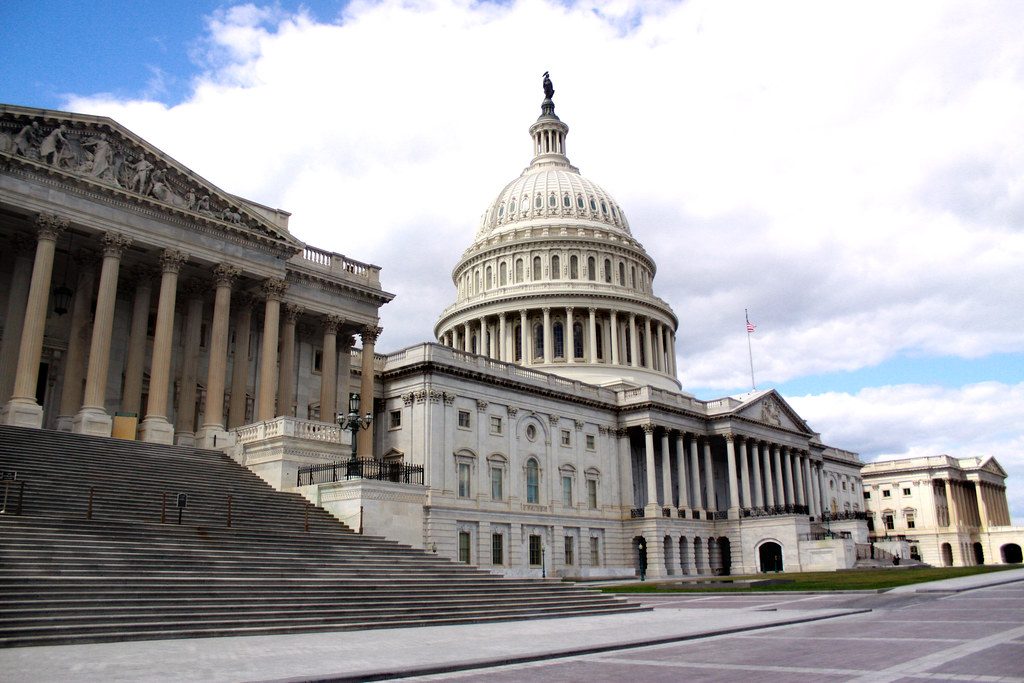
July 18, 2023
Toni Aguilar Rosenthal Ananya Kalahasti
Blog Post Confirmations CrisisExecutive BranchIndependent Agencies
Independent Agency Spotlight Update: Summer 2023
This past spring gave us a slow rate of nominations from the White House and a similarly glacial pace of confirmations from a Senate that has been plagued with an utterly dysfunctional confirmations system.
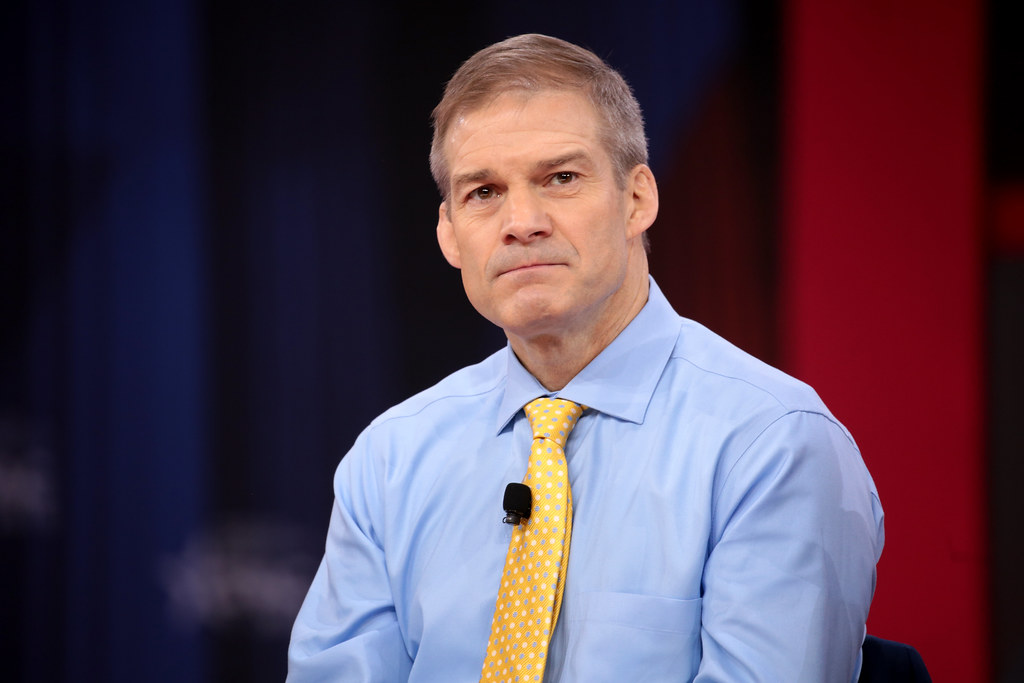
July 17, 2023
Lina Khan Unscathed By Conflicted Ethics Officer and Pro-Monopoly Republicans
Rep Jim Jordan and company had already been eyeing Khan for an investigation because she had the audacity to enforce a consent decree that Twitter violated under Elon Musk’s leadership. Then, they eagerly seized on last month’s (conveniently timed) reporting from Bloomberg which published a previously unseen memo from an FTC ethics official and accused Chair Khan of ignoring the official’s recommendation. With that backdrop, the Republicans seemed poised to strike while the iron was hot, a culmination of their years-long project to undermine Khan’s leadership and reputation. The result was … much different. Thanks to some sleuthing on our part and the bipartisan support for taking on tech monopolies, yesterday’s hearing was less a damning inquisition and more a victory lap for Khan’s rejuvenation of the FTC.
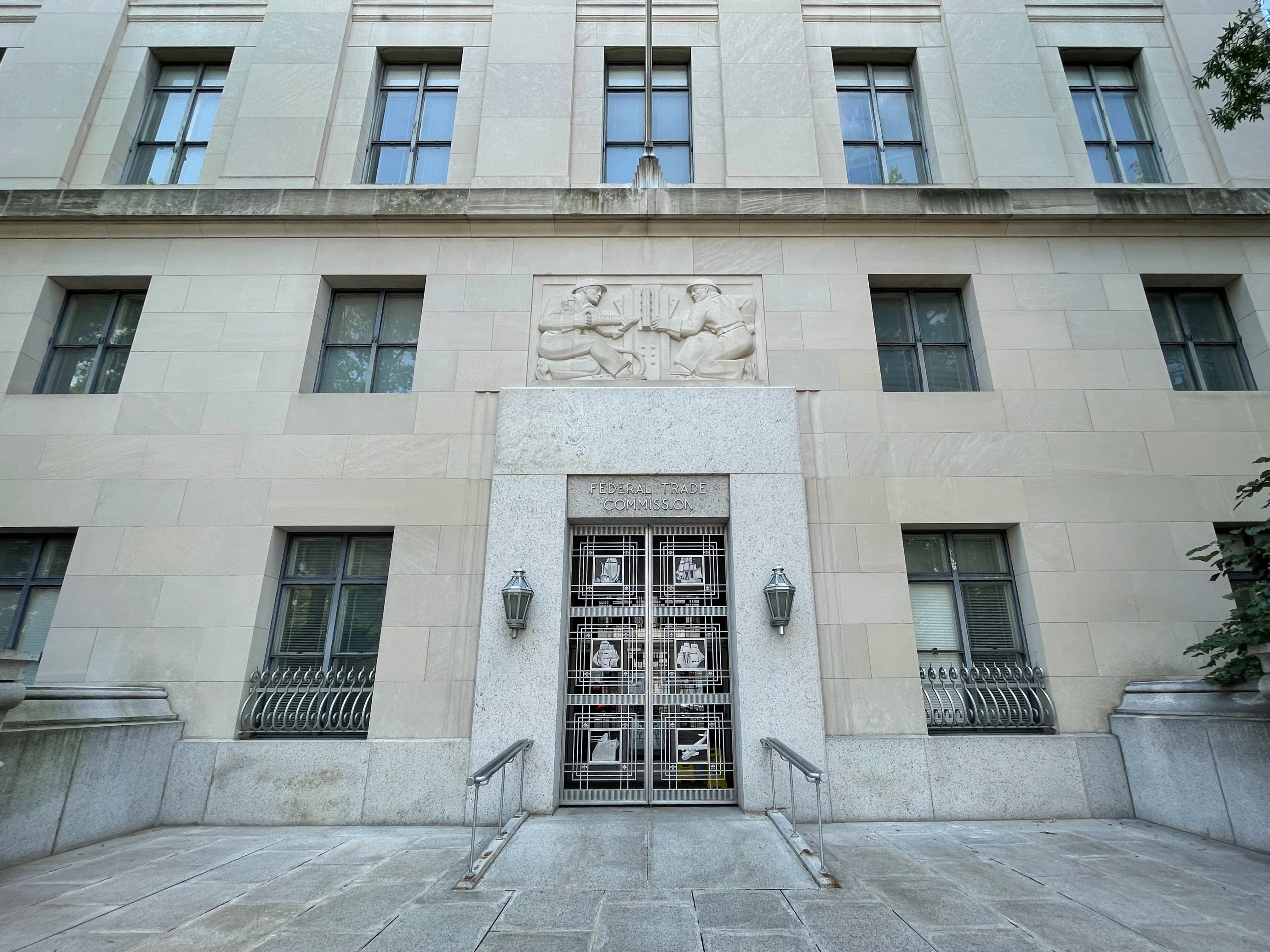
July 17, 2023 | The American Prospect
The Climate Denialist Think Tank That Might Produce The Next FTC Commissioner
It turns out that radical ideology IS allowed at the FTC.

July 16, 2023 | Common Dreams
Biden’s CMS Continues Holdout on Voter Registration Accessibility
Several states have attempted to implement automatic voter registration based on Medicare enrollment—but the Centers for Medicare and Medicaid Services is still stalling.
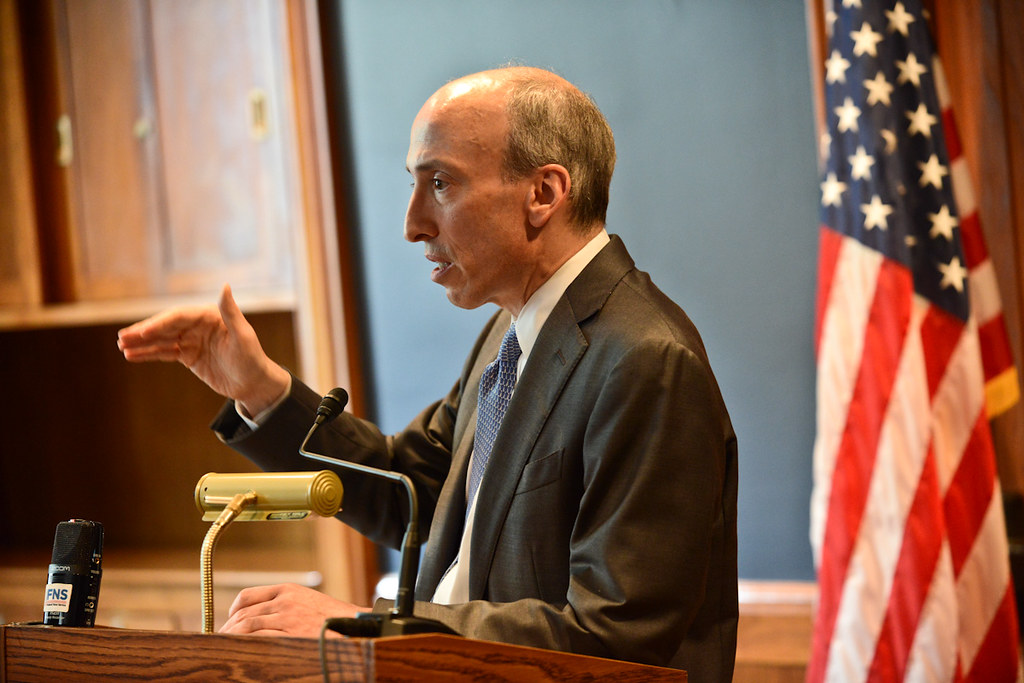
July 14, 2023
The Crypto Industry Thinks Gary Gensler Should Recuse Himself From Enforcement Actions.
If we were to agree to the industry’s demand that policy experts should be precluded from regulating issues they have spent significant amounts of time developing expertise in, we would be setting a precedent that severely undermines any kind of public-minded enforcement. In fact, banning experts such as Gensler would leave the public with a pool of potential regulators who are either already corporate-aligned or unqualified to adequately opine on pressing issues.
July 13, 2023
RELEASE: Via Baseless Attacks On Khan, House Republicans Continue to Serve their Monopolist Funders
“Today’s hearing further proved that Republican’s attacks on Lina Khan and her leadership are blatant attempts to weaken antitrust enforcement to the benefit of the corporations that fund the Republican Party. Members, including Jim Jordan, focused on baseless allegations in an attempt to delegitimize the work the FTC is doing to crack down on anti-competitive and harmful practices that monopolistic companies use to amass economic power and squeeze profits out of consumers and workers.”

July 12, 2023 | Revolving Door Project Newsletter
Why Is The Administration Ignoring The Extreme Weather?
Extreme weather is the story of this summer so far, the hottest in 120,000 years. But you wouldn’t know it from following Beltway politics.

July 11, 2023
Revolving Door Project Sends Chair Khan Letter on FTC Ethics
In advance of the House Judiciary Committee holding a hearing on Thursday, July 13, 2023, at 10:00 a.m. ET on “Oversight of the Federal Trade Commission,” Revolving Door Project has sent a letter to FTC Chair Lina Khan calling on her to take on the FTC’s considerable internal revolving door challenges.

July 11, 2023
Blog Post Consumer ProtectionFinancial RegulationIndependent AgenciesJudiciaryRevolving DoorSupreme Court
Trump’s CFPB Saboteurs Tell The Supreme Court To Finish The Job
Mick Mulvaney and Eric Blankenstein want to permanently cripple their former agency.

July 11, 2023
A Corporate-Led Trade Agenda Is the Wrong Path Forward
Yet despite these promises, email correspondence obtained through FOIA requests by Demand Progress show that senior officials across USTR, including Deputy U.S. Trade Representative Sarah Bianchi, actively seek input from executives at Big Tech firms such as Amazon and Google. Giving Big Tech a privileged ability to mold American trade policy undermines Biden’s commitment to a new era of trade deals.
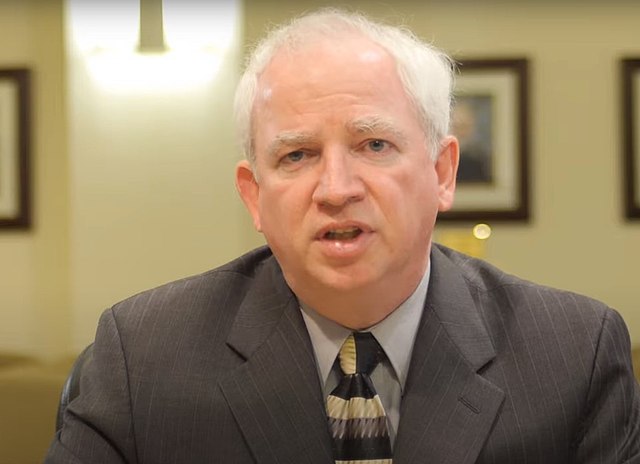
July 07, 2023
Blog Post 2020 Election/TransitionConsumer ProtectionFinancial RegulationIndependent AgenciesJudiciarySupreme Court
Coup Memo Author John Eastman Tells SCOTUS To Gut The CFPB
The crackpot former Trump lawyer, who is facing disbarment for trying to overturn the 2020 election, wants to help Big Business rip you off.
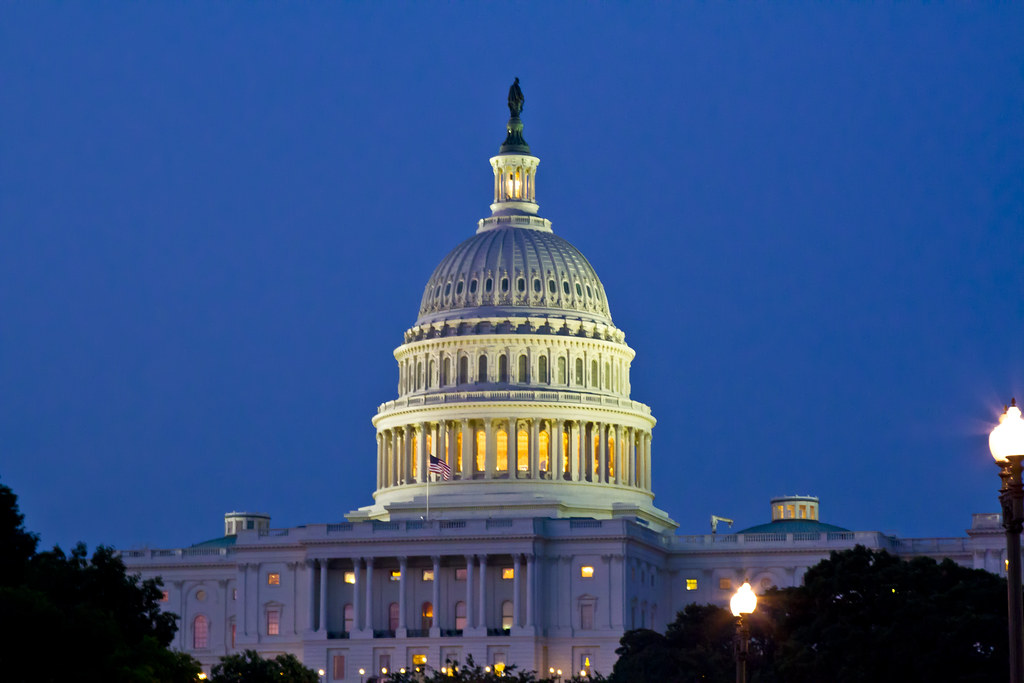
July 07, 2023 | Democracy Journal
RELEASE: Understanding How Budget Reforms Were Exploited To Drain Federal Agencies Can Help Americans Develop a Strategy to Fight Back.
Revolving Door Project’s Fatou Ndiaye published a piece in Democracy Journal outlining the staggering gap between how the appropriations process for federal agencies is supposed to work versus how it currently works. Understanding the difference can help Americans refine strategies to get our voices heard in Congress and shine light on overlooked contributors to chronic underfunding across the federal government. Such an examination is especially relevant as Congress appears poised for a series of fiscal nightmares this fall.
July 07, 2023 | Revolving Door Project Newsletter
The Supreme Legislature…Err…Court: It’s Getting Harder to Tell the Difference
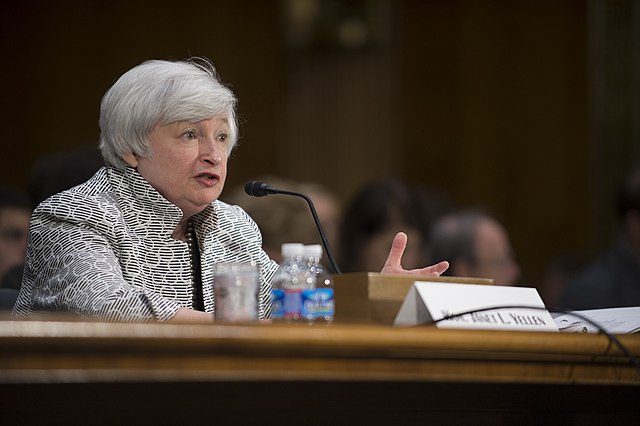
July 07, 2023 | The American Prospect
Secretary Yellen, Where Are the Crypto Tax Regulations?
Despite this, Janet Yellen’s Treasury Department has yet to formalize the regulations that would usher in this new reporting regime. The initial expectation was to have Treasury provide the new guidance by the end of 2022, allowing reporting changes to begin with transactions completed in 2023. However, despite approval of the proposed regulations by the Office of Information and Regulatory Affairs in February (the usual stumbling block in this sort of proceeding), the department has yet to publish the regulations.
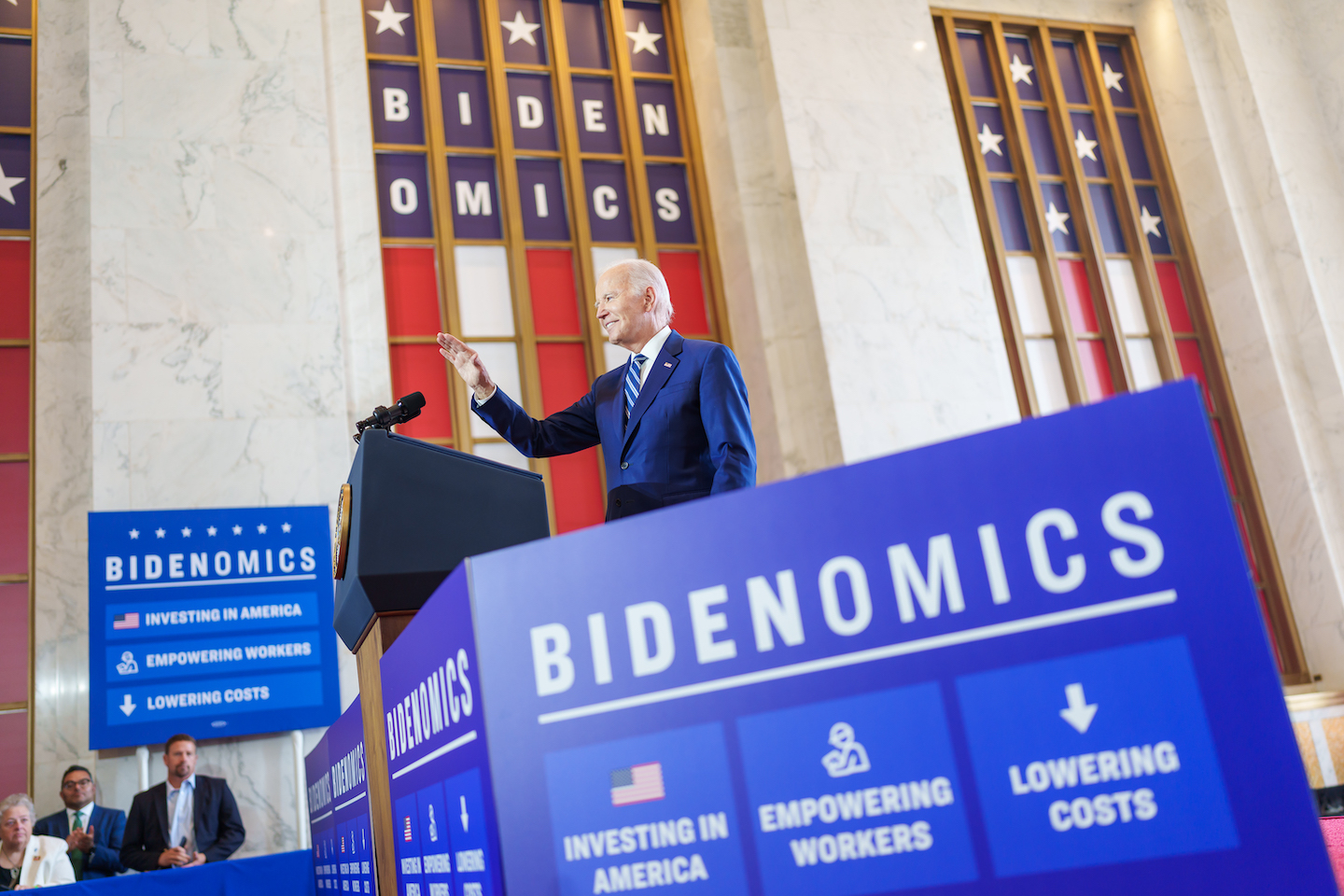
July 05, 2023
Calling for a Corporate Crackdown, Not Lukewarm Apologism
With smog from fossil-fueled wildfires hanging in the Chicago air, Biden shared an underwhelming vision of corporate accountability as part of his “Bidenomics” platform.
